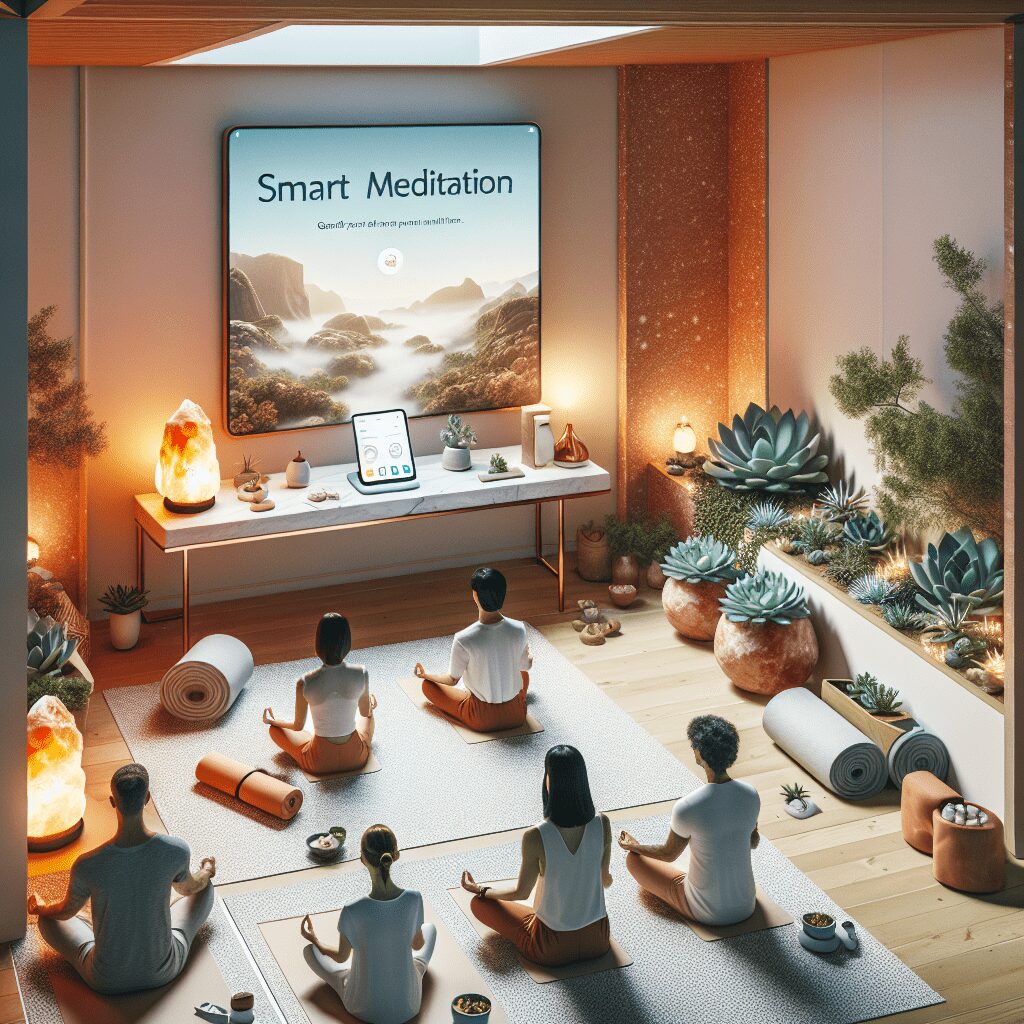
Prioritize your mental well-being daily. Enhance your life by nurturing your mental health with the Smart Meditation app. Break free from stress, alleviate anxiety, and enhance your sleep quality starting today.
Does Sugar Cause Sleep Problems?
Unraveling the Sweet Mystery: Does Sugar Affect Your Slumber?
Ah, sugar – that sweet temptation we all love to hate but find oh-so-hard to resist. It’s everywhere, from the obvious culprits like cakes and candies to the sneakier ones like bread and sauces. But here’s the kicker – while we’re blissfully indulging, could sugar be the silent thief of our precious Z’s? Let’s dive deep and uncover whether sugar has a direct boarding pass to troubled sleep town, or if it’s all just a misunderstood sweet nothing.
The Sweet Impact on Sleep
First off, let’s get the scoop straight from the sugar jar. The connection between your sugar intake and the quality of your shut-eye is not just an old wives’ tale. It’s a complex dance of hormones, energy levels, and brain activity. Here’s the breakdown:
1. The Sugar Rush: More Like a Nightmare Than a Dream?
You know the deal – you indulge in a late-night sweet treat and soon after, you’re tossing and turning, finding it hard to catch some shut-eye. It’s not rocket science; it’s your body on a sugar high. When you consume sugar, your blood glucose levels spike, giving you a temporary energy boost. Handy if you’re running a marathon, not so much if you’re trying to snooze.
2. The Hormonal Hoedown
As if the energy surge wasn’t enough, sugar consumption can also send your hormones on a wild ride. Insulin kicks into high gear to manage the sugar rush, potentially leading to lower levels of blood sugar later on, which might disrupt your sleep. Moreover, the imbalance can affect other hormones such as cortisol and adrenaline, further contributing to sleep disturbances.
3. The REM Dream Scheme
Here’s something to chew on – excessive sugar can even meddle with your REM sleep, the phase where your brain dreams the most vividly. Messing with REM sleep doesn’t just reduce its duration but can also lead to a restless night. And let’s be honest, no one likes waking up feeling like they’ve been on the losing end of a pillow fight.
Sweet Dreams are Made of… Less Sugar?
Now that we’ve laid out the facts, it’s clear that while sugar might promise a temporary visit to pleasure town, it could lead your sleep quality to take a nosedive. So, what’s a sweet tooth to do? Here are a few pointers:
-
Moderation Is Key: Like with most things in life, it’s all about balance. Enjoying sugar in moderation, particularly earlier in the day, can help mitigate its impact on your sleep.
-
Timing Matters: Try cutting off your sugar intake a few hours before bedtime. This gives your body a fighting chance to process the sugar and calm down before you hit the hay.
-
Embrace Alternatives: Craving something sweet post-dinner? Opt for natural sugar sources like fruits. They come with fiber, which can help slow down the absorption of sugar, lessening its impact on your sleep.
So, there you have it – while sugar might not be the sole villain in the story of sleep disturbances, it’s definitely not helping you score any sweet dreams. Adjusting your intake could be the ticket to not only better sleep but also a healthier lifestyle overall. Sweet dreams!





